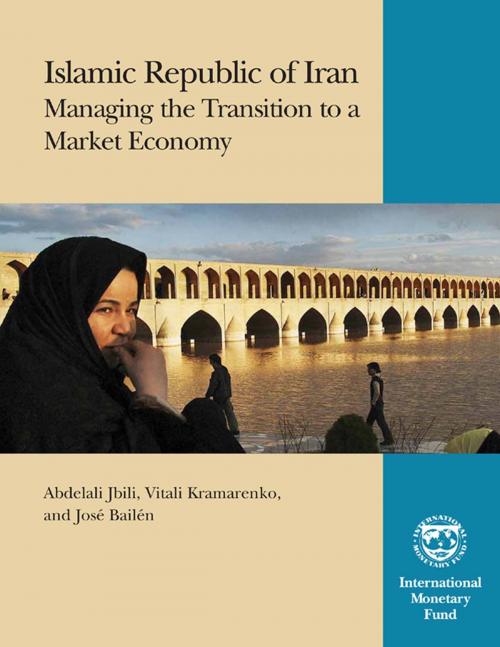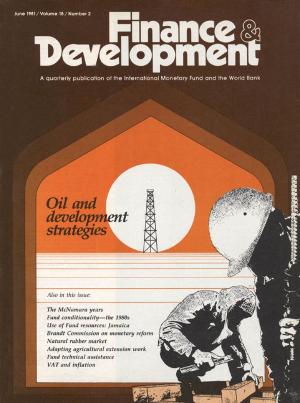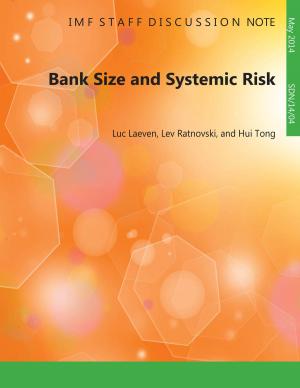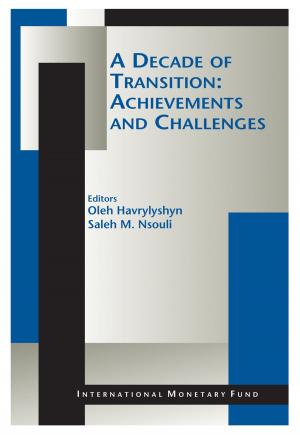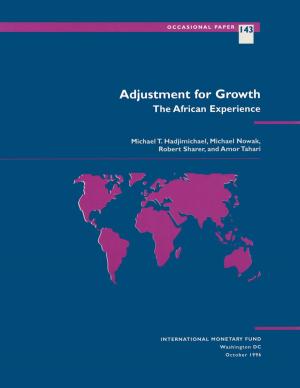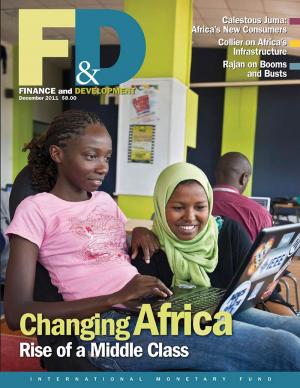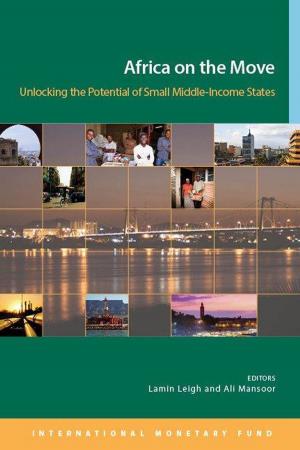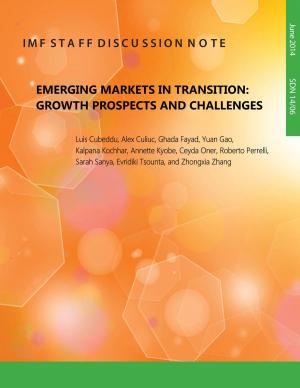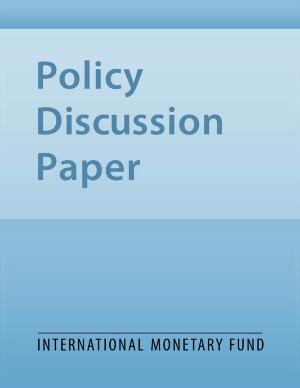Islamic Republic of Iran: Managing the Transition to a Market Economy
Business & Finance, Economics, International Economics, Macroeconomics| Author: | International Monetary Fund | ISBN: | 9781452718057 |
| Publisher: | INTERNATIONAL MONETARY FUND | Publication: | March 1, 2007 |
| Imprint: | INTERNATIONAL MONETARY FUND | Language: | English |
| Author: | International Monetary Fund |
| ISBN: | 9781452718057 |
| Publisher: | INTERNATIONAL MONETARY FUND |
| Publication: | March 1, 2007 |
| Imprint: | INTERNATIONAL MONETARY FUND |
| Language: | English |
Iran has received much attention from a geopolitical and regional standpoint, but its economic challenges have not attracted a similar degree of interest. With a population of 69 million, considerable hydrocarbon resources, a dynamic and entrepreneurial middle class, and a relatively well-educated labor force, Iran's economic potential is considerable. This volume takes stock of critical developments in the Iranian economy in recent years. The study reviews the key issues and policy responses, highlights the nature of the challenges ahead, and draws implications for the next phase of reforms. The authors conclude that major challenges remain, although significant advances have been made in recent years in opening up the economy to international trade and foreign direct investment, encouraging the private sector, removing exchange restrictions, reforming the tax system, and enhancing macroeconomic management.
Iran has received much attention from a geopolitical and regional standpoint, but its economic challenges have not attracted a similar degree of interest. With a population of 69 million, considerable hydrocarbon resources, a dynamic and entrepreneurial middle class, and a relatively well-educated labor force, Iran's economic potential is considerable. This volume takes stock of critical developments in the Iranian economy in recent years. The study reviews the key issues and policy responses, highlights the nature of the challenges ahead, and draws implications for the next phase of reforms. The authors conclude that major challenges remain, although significant advances have been made in recent years in opening up the economy to international trade and foreign direct investment, encouraging the private sector, removing exchange restrictions, reforming the tax system, and enhancing macroeconomic management.
